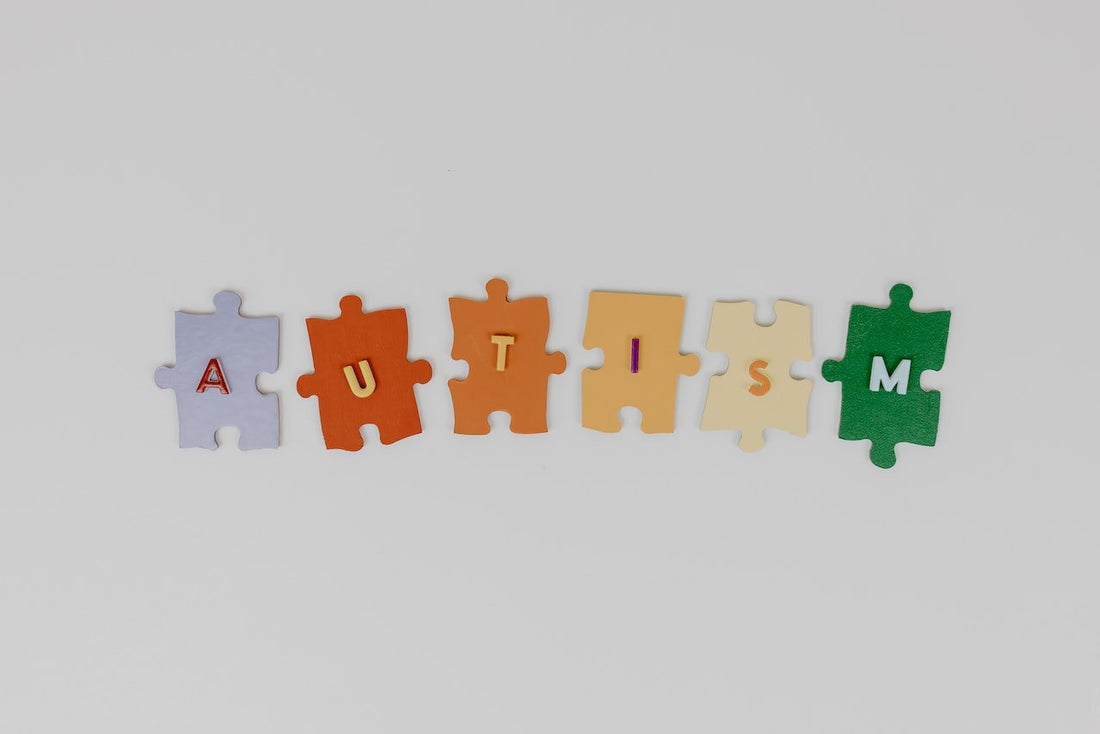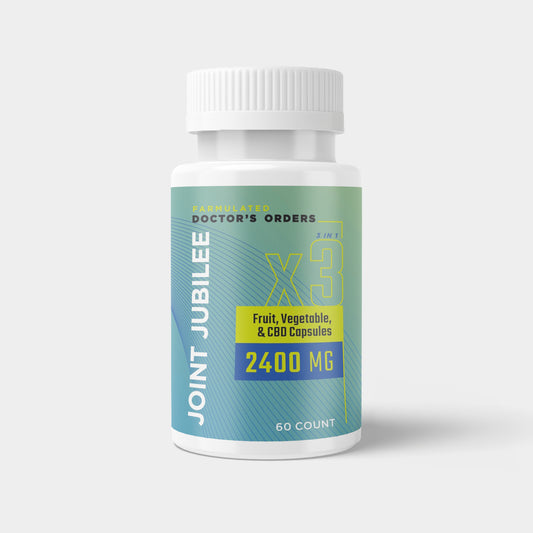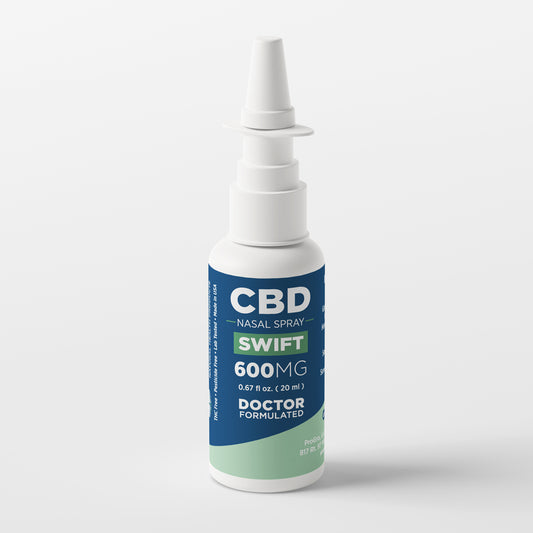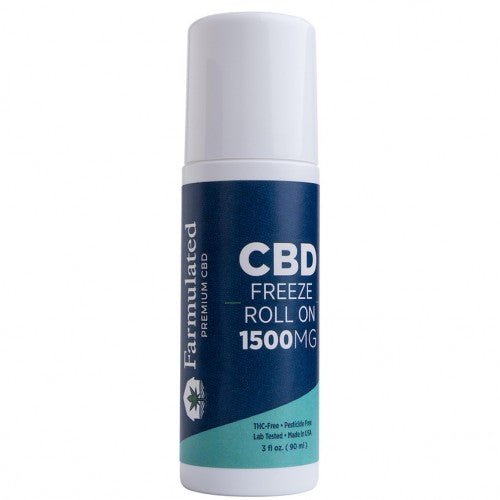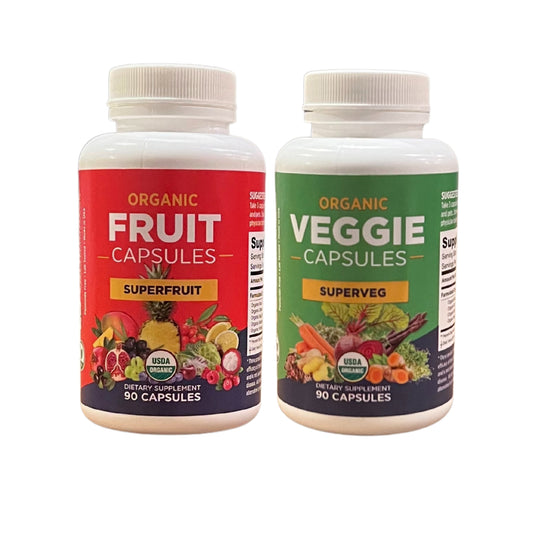Exploring the Potential of CBD for Autism Spectrum Disorder
Autism Spectrum Disorder (ASD) is a complex neurodevelopmental condition that affects millions worldwide. Characterized by cognitive, social, behavioral, and sensory challenges, autism typically manifests in early childhood. With ongoing research into cannabinoid compounds, many are exploring the question: Could CBD help manage autism and other related mental health disorders?
Understanding Autism Spectrum Disorders (ASD)
Autism Spectrum Disorder is a developmental condition that affects individuals in various ways, presenting unique challenges and strengths. Common symptoms include:
- Cognitive Impairments: Difficulties in processing information and learning.
- Social Challenges: Trouble with social interactions and forming relationships.
- Behavioral Patterns: Repetitive behaviors and a strong adherence to routines.
- Sensory Sensitivities: Heightened responses to sensory stimuli.
Typically, ASD is diagnosed in early childhood, with boys being more frequently diagnosed than girls. Individuals with autism often have intense interests and may struggle with change and unpredictability.
The Endocannabinoid System and Autism
The endocannabinoid system (ECS) plays a crucial role in regulating various bodily functions, including mood, sleep, and immune response. The ECS consists of:
- Endocannabinoids: Molecules produced by the body.
- Receptors: CB1 receptors in the brain and CB2 receptors in the peripheral nervous system and immune system.
Phytocannabinoids, such as those found in the cannabis plant, interact with these receptors. This interaction has led researchers to explore the potential benefits of cannabinoids, like CBD, in managing symptoms of autism through neurotransmitter modulation.
Potential Benefits of CBD for Autism
Mood Regulation and Anxiety Reduction
CBD oil has shown promise in promoting calm and relaxed behavior, which can be particularly beneficial for individuals with autism who experience anxiety and mood swings.
Enhancing Social Interactions
Autistic individuals often struggle with social interactions. CBD's potential to improve mood and reduce anxiety may help these individuals engage more comfortably in social settings.
Managing Behavioral Issues
CBD oils may help reduce aggression, self-injurious behaviors, and hyperactivity, offering a natural alternative to traditional behavioral management strategies.
Addressing Sleep Disorders
Many individuals with autism experience sleep disturbances. CBD has been noted for its potential to improve sleep quality, aiding in overall well-being.
Forms of CBD and Their Applications
CBD comes in various forms, each offering different benefits:
- Full-Spectrum CBD: Contains all components of the cannabis plant, including trace amounts of THC (≤0.3%).
- Broad-Spectrum CBD: Includes all cannabis plant components except THC.
- CBD Isolate: Pure CBD without other cannabis compounds.
Common dosage forms include oils, tinctures, edibles, and capsules, allowing for flexible and tailored use.
CBD and Co-Occurring Conditions
Seizure Management
Reports indicate that CBD may help manage seizures in children with autism, providing an added benefit for those with co-occurring seizure disorders.
Behavioral and Mood Improvements
CBD's potential to reduce aggression and irritability can lead to significant improvements in behavioral issues and overall mood.
The Entourage Effect
Taking CBD with THC might produce a synergistic effect, enhancing the therapeutic benefits of both cannabinoids.
Safety and Efficacy Considerations
CBD is generally well-tolerated, with fewer side effects than medical marijuana. However, responses to CBD can vary, necessitating personalized dosing approaches. Importantly, CBD is non-psychoactive, making it a safer option for children with minimal THC content in full-spectrum products.
Choosing Quality CBD Products
When selecting a CBD product, consider the following:
- Certificate of Analysis (COA): Ensure third-party lab testing for potency and safety.
- Product Transparency: Choose reputable brands with clear sourcing and production information.
- Customer Reviews: Look for positive feedback and a strong brand reputation.
- CBD vs. Hemp Seed Oil: Confirm that the product contains CBD and not just hemp seed oil.
Autism, ADHD, and CBD
Autism and Attention Deficit Hyperactivity Disorder (ADHD) often share overlapping symptoms, such as hyperactivity and attention issues. CBD's potential in managing these symptoms can extend its benefits to individuals with both ASD and ADHD, providing a holistic approach to treatment.
Legal and Regulatory Considerations
Navigating the legal landscape of CBD products can be challenging. Always consult healthcare professionals to discuss potential drug interactions, appropriate dosing, and ensure compliance with state and federal laws.
Research Findings on CBD and Autism
Recent studies have begun to shed light on the potential benefits of CBD for managing autism symptoms. For example, a study published in the journal Frontiers in Pharmacology found that CBD could reduce behavioral problems in children with ASD. The study observed significant improvements in communication and anxiety levels, suggesting that CBD might help address some of the core challenges of autism.
Another study published in Neurology noted that CBD might help reduce the frequency of seizures in children with both autism and epilepsy. This dual benefit could be particularly valuable for families managing multiple conditions.
While these findings are promising, researchers emphasize the need for larger-scale clinical trials to confirm CBD's efficacy and safety for children with autism. As research progresses, it is hoped that CBD will become a well-supported option for managing ASD symptoms.
In Conclusion
While more research is needed to confirm CBD's effectiveness in managing autism symptoms, early results are promising. Parents considering CBD for their children should consult healthcare professionals to weigh potential benefits against possible side effects. Informed decisions can pave the way for integrating this alternative therapy into comprehensive autism management strategies.
FAQs
What is the difference between full-spectrum, broad-spectrum, and isolate CBD? Full-spectrum contains all cannabis components, broad-spectrum has all except THC, and isolate is pure CBD.
How can CBD help with social interactions in autistic children? By improving mood and reducing anxiety, CBD may help autistic children engage more comfortably in social settings.
Are there any legal concerns with using CBD for children with autism? Consult healthcare professionals and ensure compliance with state and federal laws to avoid legal issues.
By understanding the potential benefits and considerations of using CBD for autism, caregivers can make informed decisions about incorporating this alternative therapy into their management strategies.
References:
- Frontiers in Pharmacology. (2020). Study on CBD and Behavioral Problems in ASD.
- Neurology. (2021). Study on CBD and Seizure Reduction in ASD and Epilepsy.

